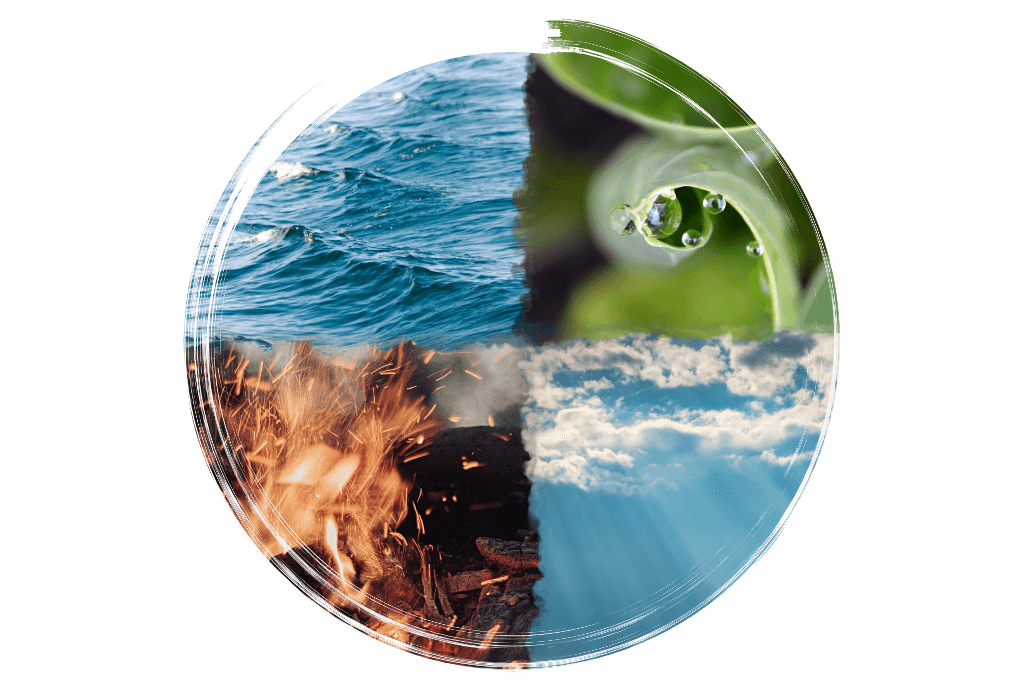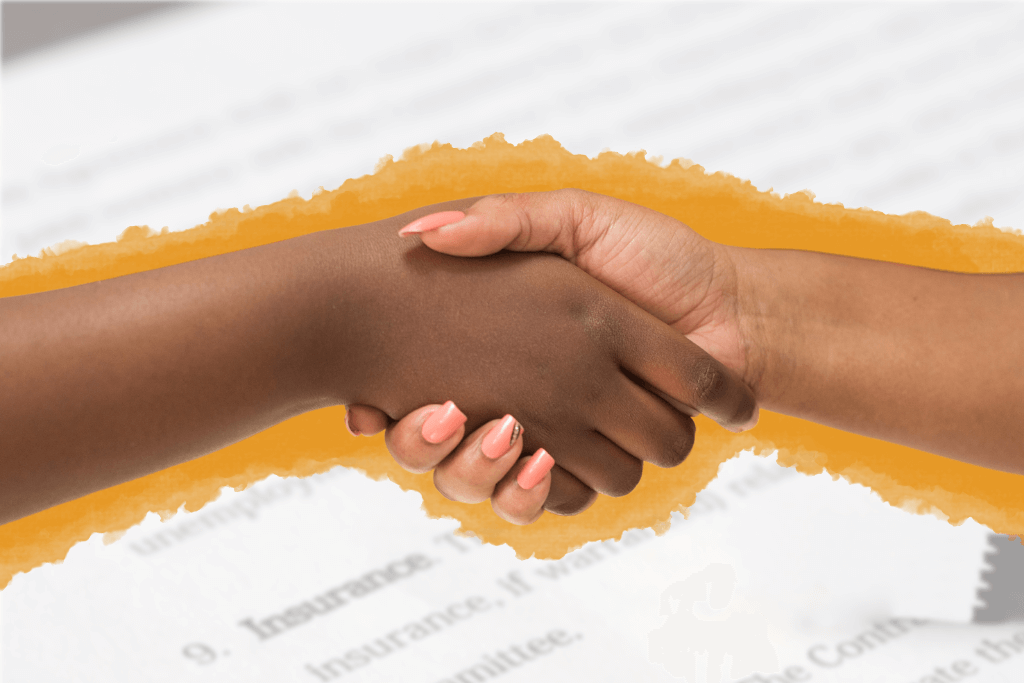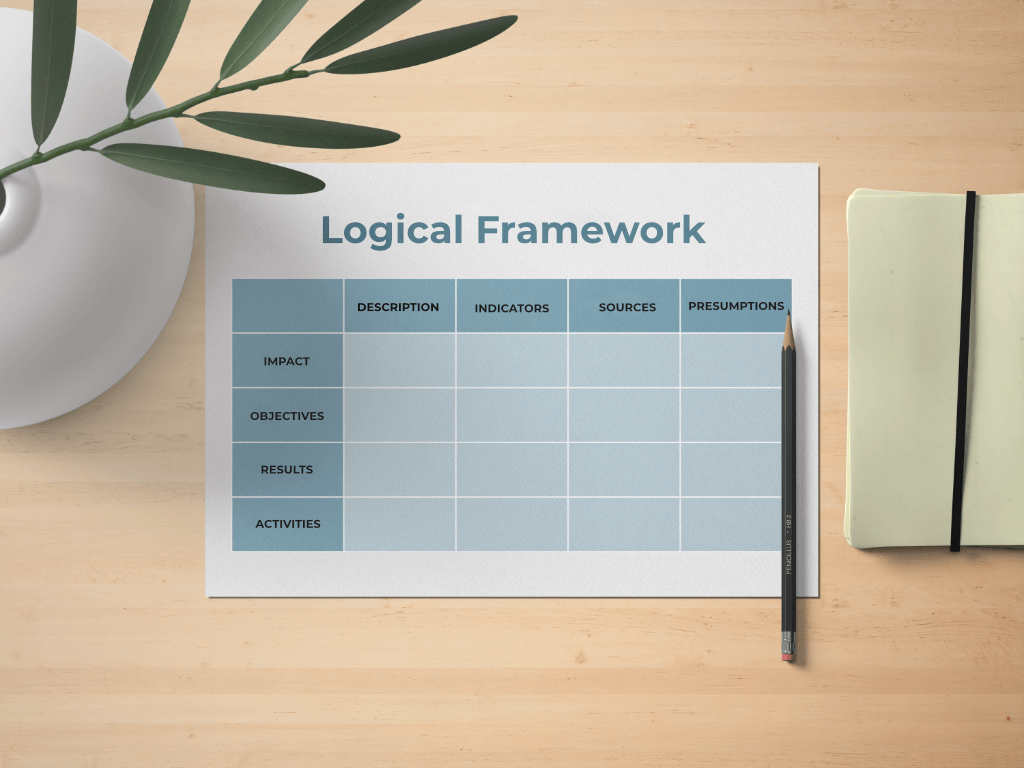In this article, we are approaching the dimension of lifestyle. Any of us has undoubtedly developed a lifestyle over the years. We might not have done it completely consciously, but we are everyday living a life that defines our impact on the world. By lifestyle, we mean the way of life we establish for ourselves, and that is also influenced by our families, work, friends, culture, and society. It includes all of our behaviors, interactions, ways of consuming, the activities we engage with, and our work. Have you ever thought of the social and environmental impact of your own lifestyle? And of your family, friends, community, and country?
We invite you to reflect even deeper. Have you ever thought about what is behind our lifestyles? What is driving us? What is motivating us to make the choices we make daily and to live life as we do now? People do not intentionally aim to harm the environment, these impacts are the unintended consequence of our efforts to fulfill our needs and aspirations. However, we all know we are living in a time of environmental crises, as our precious planetary resources are under threat with global biodiversity loss and climate change. We can’t continue the path of destruction and denial, we need to give a serious look to our lifestyle decisions that are putting the planet and especially our own species at risk. These are some impressive figures that reflect how we are currently living far from sustainable lifestyles according to the United Nations:
• The global population could grow to around 9.7 billion in 2050. The equivalent of almost three planets could be required to provide the natural resources needed to sustain current lifestyles.
• Each year, an estimated 1/3 of all food produced – equivalent to 1.3 billion tonnes – ends up rotting in the bins of consumers and retailers, or spoiling due to poor transportation and harvesting practices.
• Less than 3 per cent of the world’s water is fresh (drinkable), of which 2.5 per cent is frozen in the Antarctica, Arctic and glaciers. Humanity must therefore rely on 0.5 per cent for all of its freshwater needs. More than 1 billion people still do not have access to fresh water. At the same time, humankind is polluting water in rivers and lakes faster than nature can recycle and purify.
• Excessive use of water contributes to the global water stress. Agriculture (including irrigation, livestock and aquaculture) is by far the largest water consumer, accounting for 69% of annual water withdrawals globally. Industry (including power generation) accounts for 19% and households for 12%. Over 2 billion people live in countries experiencing high water stress and more than 1 billion people still do not have access to fresh water.
• Land degradation, declining soil fertility, unsustainable water use, overfishing and marine environment degradation are all lessening the ability of the natural resource base to supply food. At the same time, an estimated 2 billion people in the world did not have regular access to safe, nutritious and sufficient food in 2019.
• Energy is the dominant contributor to climate change, accounting for around 70% of total global greenhouse gas emissions. At the same time, as of 2017, only 17.5 percent of power was generated through renewable sources and 3 billion people still lack clean cooking fuels and technologies relying on wood, coal, charcoal or animal waste for cooking and heating.
There are countless variables that influence our behaviors, which, in turn, shape our lifestyles. But one, in particular, is paramount in this equation: our needs. Several researchers have developed different models to explain human needs. The economist Max-Neef, with some other scholars, created a model in 1991 that describes 10 (ten) fundamental human needs that drive human behavior, and that need to be met if we are to have a safe, healthy and peaceful world.
The ten needs are: subsistence, protection, affection, leisure, identity, participation, freedom, understanding, creation, and transcendence.
The initial model had actually nine needs because he thought that Transcendence would be too bold to include in the model at the time. Some important aspects of our needs are that (a) They are finite, few, and classifiable; (b) They are the same for everyone, in all cultures and in all historical periods; (c) What changes, over time and across cultures, is the way or means by which needs are met; (d) We can also understand or even classify them in a gradual scale from meeting the needs of our ego, need that are related to others and needs related to the whole planet and/or humanity.
In that way, according to the Max-Neef approach, the measure of economic success would be based on how much human needs are being met. And this is not far from true, from our current reality. The majority of us are driven by our own needs, most of the time unconscious of it, but desperately searching for ways to fulfill these ten fundamental needs. Now take some time to look at the list above and feel and think about how much those needs drive your feelings, thoughts, desires and behaviors. And if you had to choose now where would you focus your life, where would you focus your own evolution, where would it be? And where are you focusing for the most part of your current life? What is making sense for you, and what is not?
We need to look to all areas of our lives and check our decisions, habits and how can we adopt a sustainable lifestyle, which, accordingly to the United Nations, means:
“[a sustainable lifestyle means] individual consumption and social behavior that could be shared by everyone while still maintaining ecological integrity; it is facilitated by institutions, social norms, and infrastructures that frame individual choices and actions while ensuring that the aggregate rates of biophysical resource use and waste generation are within the regenerative and assimilative capacities of ecosystems”.
We live in a system, and this means that we are all connected and our wellbeing is interdependent. In this sense, we all need to make the effort and collaborate, so that we, as a whole, can thrive and build happy and sustainable societies. Most of our environmental impacts are related to five lifestyle domains: food, mobility, housing, consumption of goods, and leisure. Let’s make sure we focus on desires and aspirations for a better living, for educating ourselves, for identifying where we have a choice and where we can influence. And then we shall start making changes, engaging others, building on existing initiatives, and creating communities of learning and sustainable lifestyles!
When we apply this awareness in everything we do, we evolve inspired by the feeling of interconnectedness, of being an active actor on the whole that surrounds us, which brings us that amazing sense of belonging and higher purpose. Realizing, being aware, and consciously taking this journey every day completely changed our lives. And the lives of so many incredible people that we had the honor to help, mentor, experience, work and co-create with. If this message touched your heart, we invite you to set the intention to know more about everything we do together at We.Flow, and join us on this journey of evolving and positively contributing to the world.
Together, we will decorticate our own lifestyles, exploring and understanding what lies beneath them and what drives our feelings, thoughts, desires, decisions and behaviours. And recalling our higher intention, we will learn to reframe and redesign our own lifestyles so that they can serve us on our own evolution to a better version of ourselves and of the world. When we review and give a new meaning to our lifestyles, we integrate ourselves with our higher intention, we reframe our relationships and careers, feeling that in everything we do, we are serving and contributing to the wellbeing of all. We also invite you to read our other 4 articles related to this breathtaking journey of self-evolution and positive impact.
Flow with us, together, for a better world !!!






